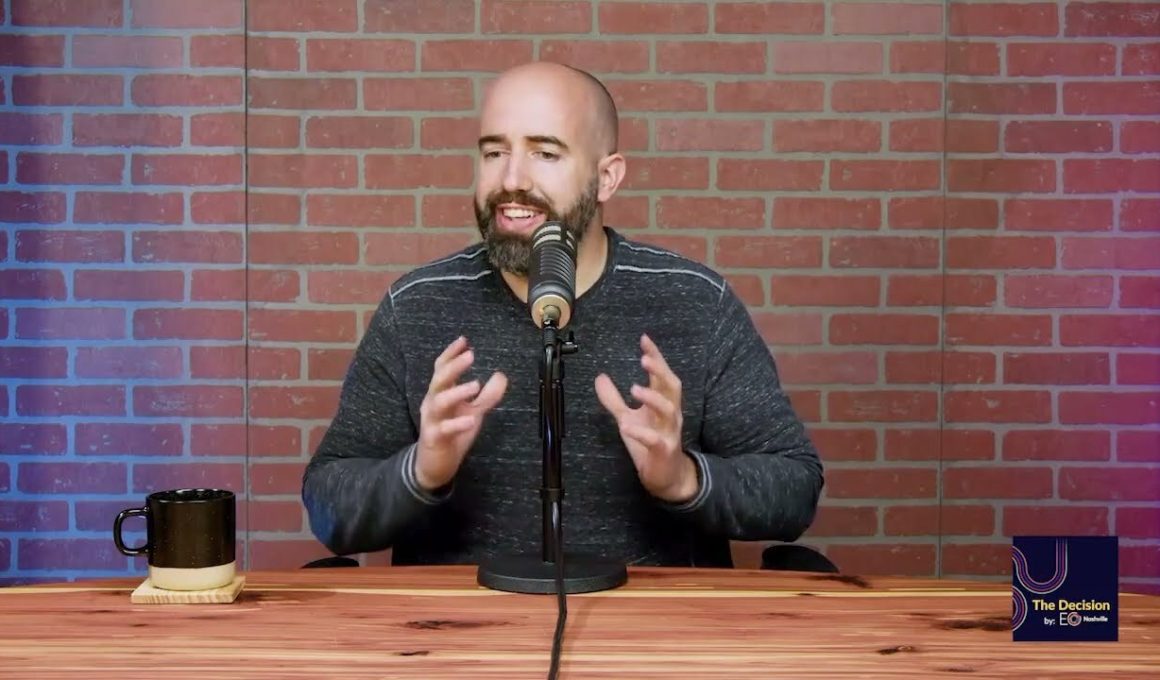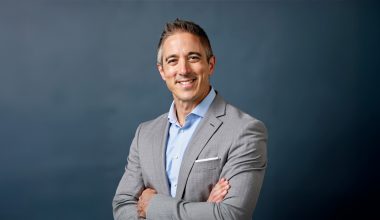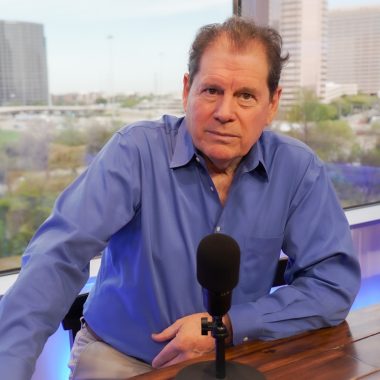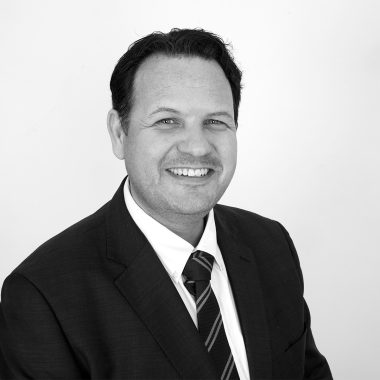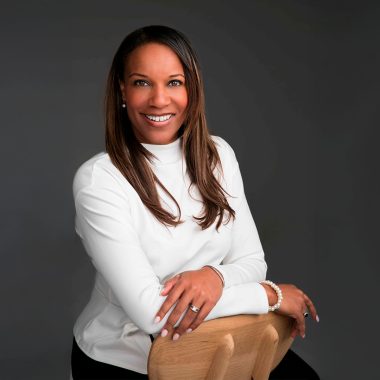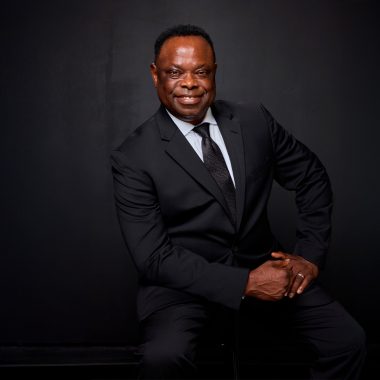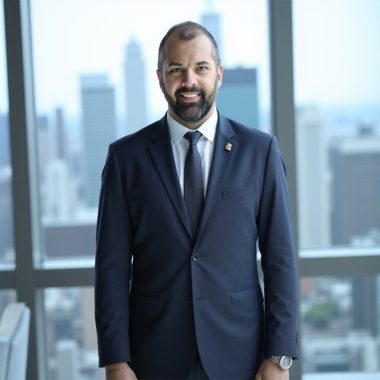Leadership rooted in personal values has become increasingly important as organizations seek authentic direction. Many executives struggle to integrate their core beliefs into their professional roles without compromising effectiveness. Leon Leinbach, who leads multiple companies, demonstrates how personal faith can enhance rather than hinder professional success. His approach provides actionable insights for leaders seeking to align their values with their leadership style.
Learning Leadership From Farm Life
Leinbach’s leadership philosophy didn’t come from business school textbooks. Growing up on a farm with faith-centered parents shaped everything about how he approaches business today. “As I was growing up, I had a large family. My parents were always faith-driven as well. So it was ingrained in me at a young age,” he recalls. The farm taught him lessons that most corporate environments never could.
“A lot of the things in farming are dependent on things out of our control,” Leon explains. “So you have to, if it’s out of your control, sometimes you just have to have faith that it will work out.” He draws a direct parallel to planting crops: “If you go plant corn, you have faith that it will grow because you can’t make it grow yourself.” This mentality carries over into his business dealings, where he manages large projects with banks and lenders, often without knowing the final outcome.
Applying Practical Core Values Daily
When Leinbach talks about core values, he’s not reciting corporate speak from a wall poster. These are principles he actually uses to make decisions every day.
Humility Without Weakness
When he talks about humility, he’s not suggesting weakness. “If you ever read the book called Ego is the Enemy, ego is usually the biggest thing that will get in a person’s way to grow and to learn,” he notes. His approach is straightforward: “If you don’t know the answer, just say, look, I don’t know.”
People Over Profit Always
Leinbach’s second principle puts employee success first. “It’s people over profit, meaning we want to make sure that people are winning in the end and that they’re actually growing and we’re creating a workplace for that to happen,” he explains. This approach builds stronger teams and sustainable business relationships.
Growth or Death Mentality
Drawing from family wisdom, he believes stagnation leads to failure. “One of my uncles told me years ago, if you’re not growing, you’re dying. And I very much believe that,” he states. He sees continuous improvement as essential because “everybody around you is growing. So you have to continue elevating yourself.”
Simplifying Values for Real Impact
Leinbach gets frustrated when he sees companies overcomplicate their values. “Keep it simple. Use the KISS method. That’s the biggest mistake that I see people making. They will pull out 10 to 15 values,” he says. Most organizations can’t handle that many principles effectively. “It’s just so much that you can’t remember them for one.”
His approach involves selecting a maximum of five core values, but here’s the crucial part: “They have to be a part of who you are. They’re not going to work if you don’t live them.” Each of his five companies has slightly different values because the leadership teams are different people. “The leadership team in each of those companies are different human beings. And the way they interact, the way they live their life, some of them align a little bit more with accountability versus using one of the other words.” The implementation isn’t complicated either. “We have weekly all hands culture meetings for everyone,” Leinbach explains. “But there has to be somebody to lead out and they have to believe it.”
He sees faith-based leadership gaining ground, and he thinks it’s about timing. “I see it’s gaining traction from what it used to have. I feel it seems I’m seeing it more prevalent or there’s more people just saying, hey, this is who I am and this is how I lead.” The reason behind this shift is simple: people need something to believe in. “I think because people are looking for purpose and are looking for something to align themselves with, I think it’s going to continue to matter that you have a purpose,” he concludes. Whether it’s faith-driven leadership or another authentic approach, Leinbach believes leaders need to take a clear stand. “If it’s not a faith driven leader, then make a definite statement: this is where I’m going so the people that care about that can be a part of that.”
Follow Leon Leinbach on LinkedIn to explore how real values can shape real business outcomes.
